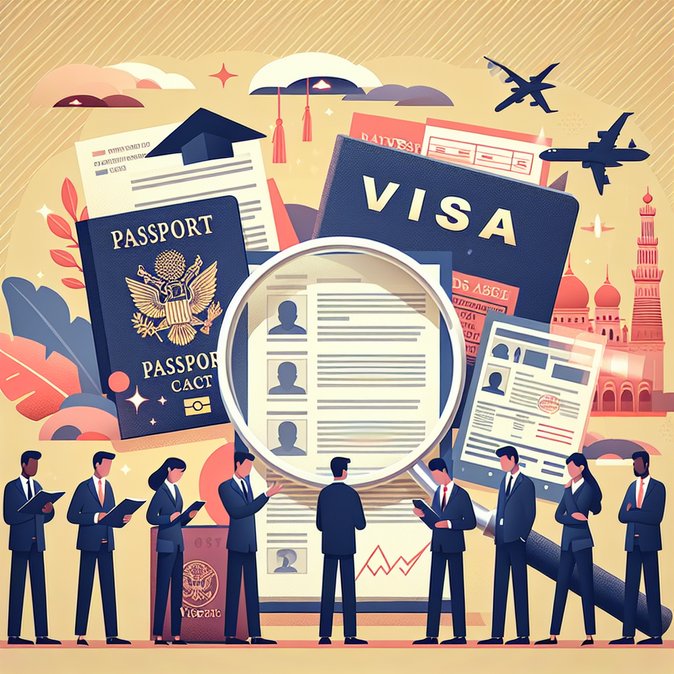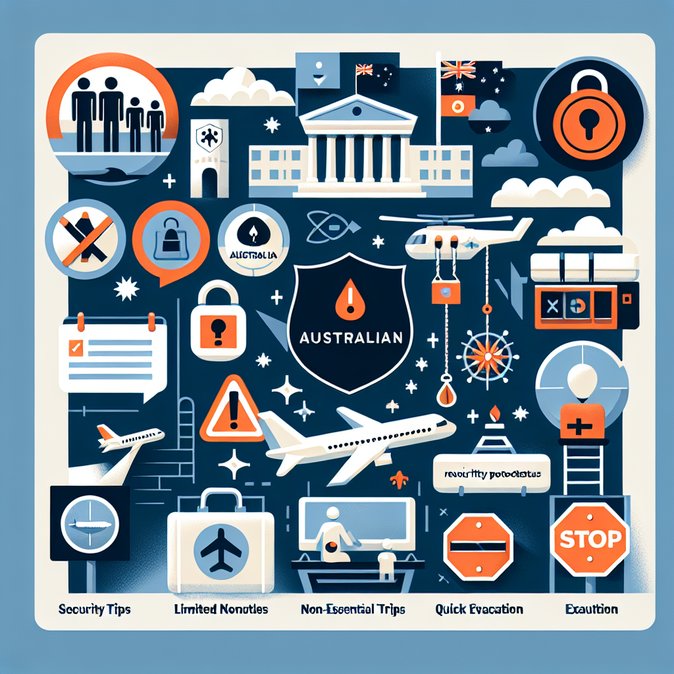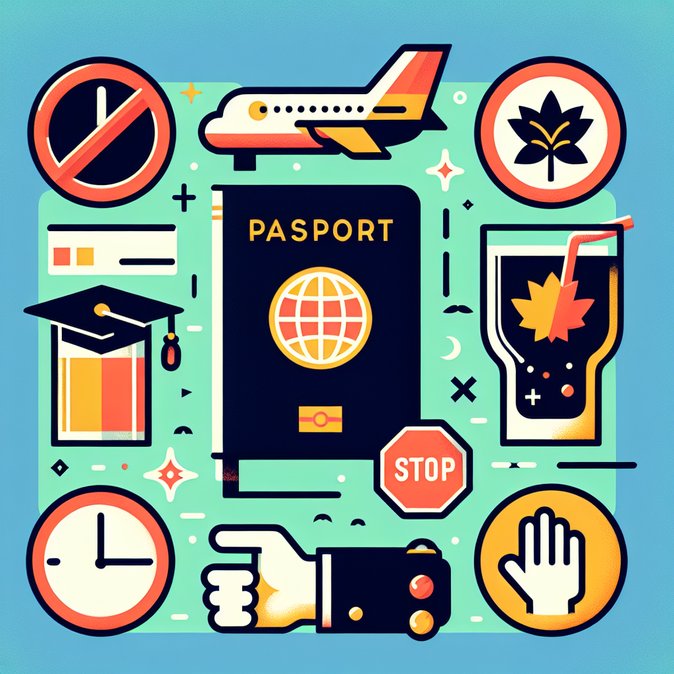
The Department of Home Affairs (DHA) has circulated a “Student Visa Integrity Alert” to Australian universities and colleges after detecting a sharp rise in falsified passports, financial statements and English-test results in Subclass 500 applications lodged since September. The alert, confirmed on 19 November by DHA officials in Canberra and reported by the Times of India, singles out cases where agents supplied fake identity pages to secure Confirmations of Enrolment (CoEs) at Group-of-Eight institutions.
Under Australia’s Evidence-Level (EL) risk framework, India and China are ranked EL-2, meaning moderate documentary scrutiny. DHA investigators say fraud trends are escalating fastest in South Asia; several files showed forged bank letters claiming balances in excess of the new AUD 29,710 savings benchmark. Universities have been warned that failure to strengthen verification could lead to visa refusals, cancellations and loss of their precious ‘priority’ processing allocation under Ministerial Direction 111.
![Home Affairs issues urgent Student Visa Integrity Alert after spike in document fraud]()
The timing is sensitive. Canberra has already doubled the student-visa fee in 2024, lifted English-language thresholds and will bar visitor- and graduate-visa holders from applying onshore from 1 July 2025—all part of efforts to halve net migration within two years. Any perception that Australian institutions are lax on fraud could invite even tougher caps or targeted provider suspensions.
Education agents and in-house mobility teams should immediately audit admission pipelines. Best practice now includes digital bank-statement verification, biometric ID cross-checks and mandatory video interviews to confirm English proficiency. Providers dealing with high-risk markets may also consider escrow arrangements for tuition pre-payments to discourage ‘ghost’ applicants seeking only migration outcomes.
For corporates, the alert foreshadows broader compliance pressure: sponsored employees who first enter on student visas will face increased background scrutiny, and any historic irregularity—even agent-driven—could jeopardise future skilled-visa or permanent-residency pathways. Companies should therefore check that sponsored graduates can produce genuine academic records and financial documents if requested during later visa stages.
Under Australia’s Evidence-Level (EL) risk framework, India and China are ranked EL-2, meaning moderate documentary scrutiny. DHA investigators say fraud trends are escalating fastest in South Asia; several files showed forged bank letters claiming balances in excess of the new AUD 29,710 savings benchmark. Universities have been warned that failure to strengthen verification could lead to visa refusals, cancellations and loss of their precious ‘priority’ processing allocation under Ministerial Direction 111.

The timing is sensitive. Canberra has already doubled the student-visa fee in 2024, lifted English-language thresholds and will bar visitor- and graduate-visa holders from applying onshore from 1 July 2025—all part of efforts to halve net migration within two years. Any perception that Australian institutions are lax on fraud could invite even tougher caps or targeted provider suspensions.
Education agents and in-house mobility teams should immediately audit admission pipelines. Best practice now includes digital bank-statement verification, biometric ID cross-checks and mandatory video interviews to confirm English proficiency. Providers dealing with high-risk markets may also consider escrow arrangements for tuition pre-payments to discourage ‘ghost’ applicants seeking only migration outcomes.
For corporates, the alert foreshadows broader compliance pressure: sponsored employees who first enter on student visas will face increased background scrutiny, and any historic irregularity—even agent-driven—could jeopardise future skilled-visa or permanent-residency pathways. Companies should therefore check that sponsored graduates can produce genuine academic records and financial documents if requested during later visa stages.


